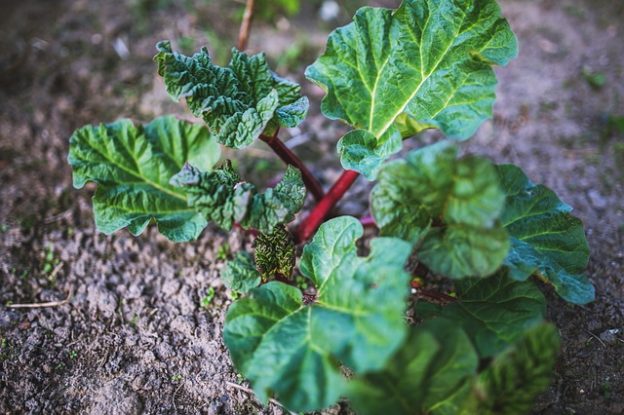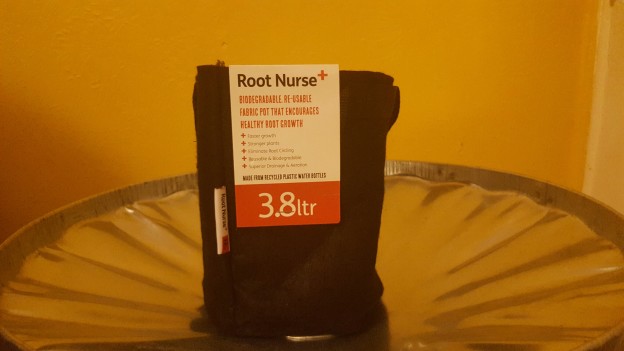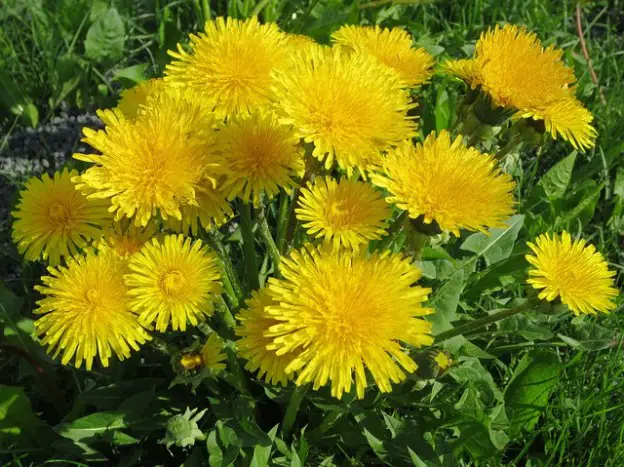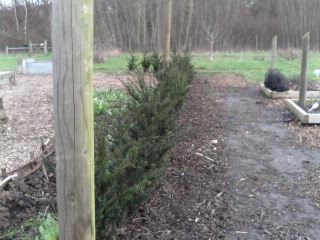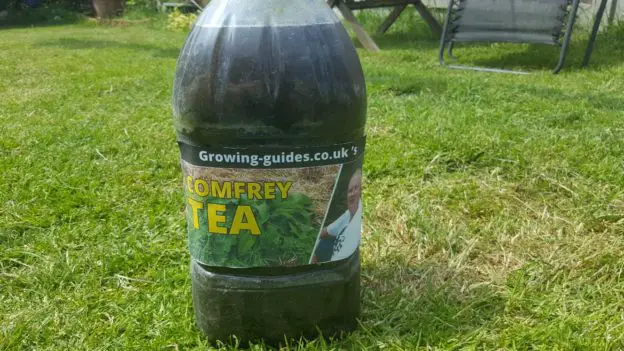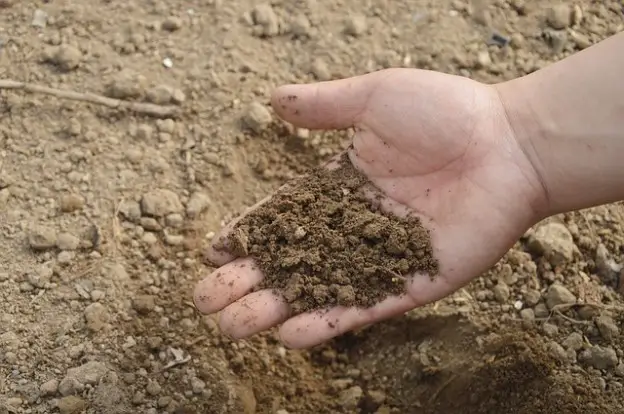How To Stop Runner Beans Drying Out
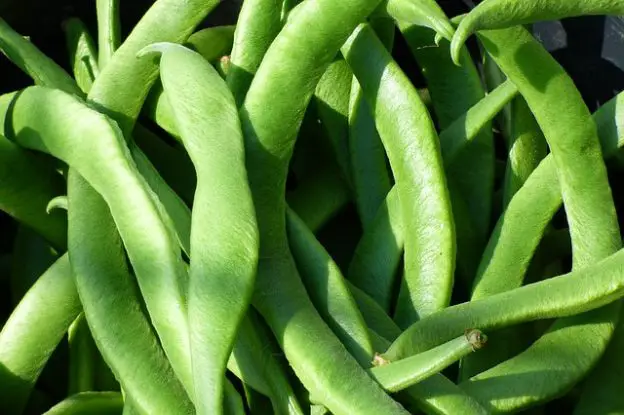
runner beans
If like me you can’t always get to water your plot you need as many tricks as you can find to stop your plants from losing too much moisture, so this post is called how to stop runner beans drying out but this technique works equally well for squashes, tomatoes etc.For more information on Growing squashes click the link. It’s important that runner beans don’t dry out because when runner beans do get dry they get stringy. Step one – How to stop runner beans drying out The first thing to do is to dig a trench roughly a… → Read More

